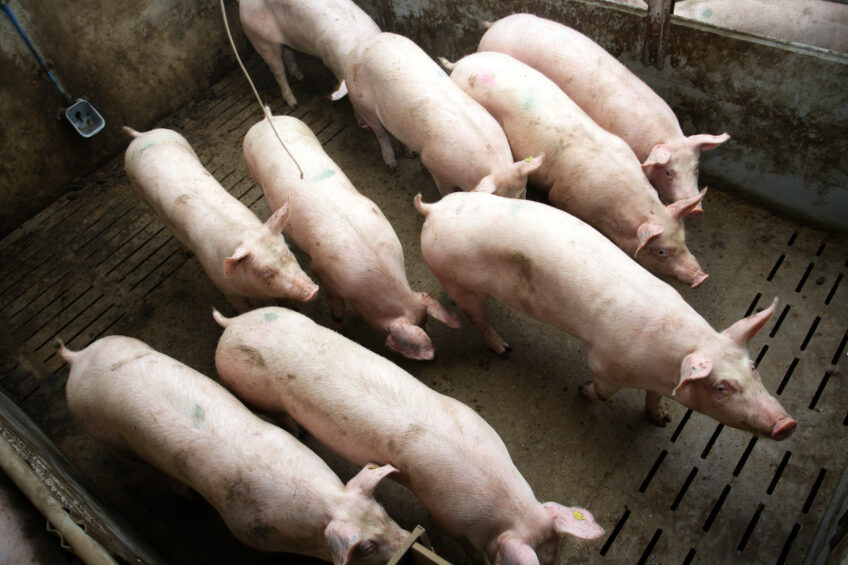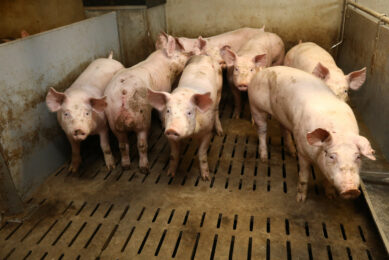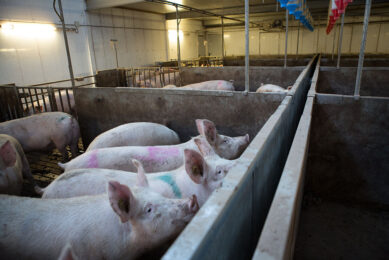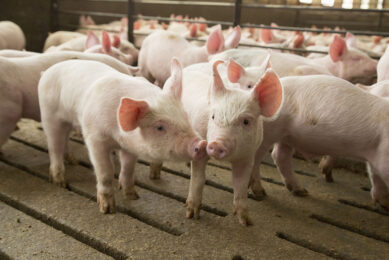AI can detect respiratory diseases caused by pig housing conditions

A team of Filipino and Korean researchers assessed the respiratory health status of pigs raised in different housing conditions using artificial intelligence (AI). They also investigated the relationship between the pigs’ respiratory health status and environmental factors. The researchers published their findings in Animal Behaviour and Biometeorology.
Respiratory disease is a significant concern in the swine industry causing high mortality, reduced growth rates, financial loss, and increased antibiotics usage. Housing conditions on farms are essential for maintaining pigs’ health and welfare. Therefore, there is an increasing effort to develop artificial intelligence systems to automatically monitor pigs’ respiratory health based on behaviour, physiology, and vocalisation.
About the study
The team selected 80 healthy barrows and gilts for this trial and assessed them for respiratory health in response to 2 different climate-controlled houses. In the control group, they maintained the room temperature at the ideal temperature for growing pigs, used air conditioning, and regularly emptied the slurry pit to prevent the accumulation of toxic gases in the house. In the treatment group, they reduced ventilation rate, and added manure to the pit one week before the experiment began to increase the levels of ammonia and carbon dioxide, simulating poor housing conditions. They recorded the environmental factor data including temperature, relative humidity, ammonia, and carbon dioxide. In addition, they installed a microphone connected to a camera in each house to record pig sounds during the experiment.
The impact of environmental factors on respiratory health status
The health assessment data showed that the respiratory health status in the treatment group was significantly lower, and pigs exhibited a greater coughing frequency compared to the control group. Pigs in the treatment group were exposed to increased environmental factors such as temperature, relative humidity, and ammonia and carbon dioxide concentrations, indicating that the respiratory health of the pigs is influenced by these factors. In contrast, there was no association between the respiratory health status of pigs and dust.
Conclusions
The authors concluded that artificial intelligence technology is efficient in detecting the respiratory health of pigs. Furthermore, respiratory health is significantly affected by certain threshold levels of environmental factors, such as temperature, relative humidity, ammonia and carbon dioxide.










